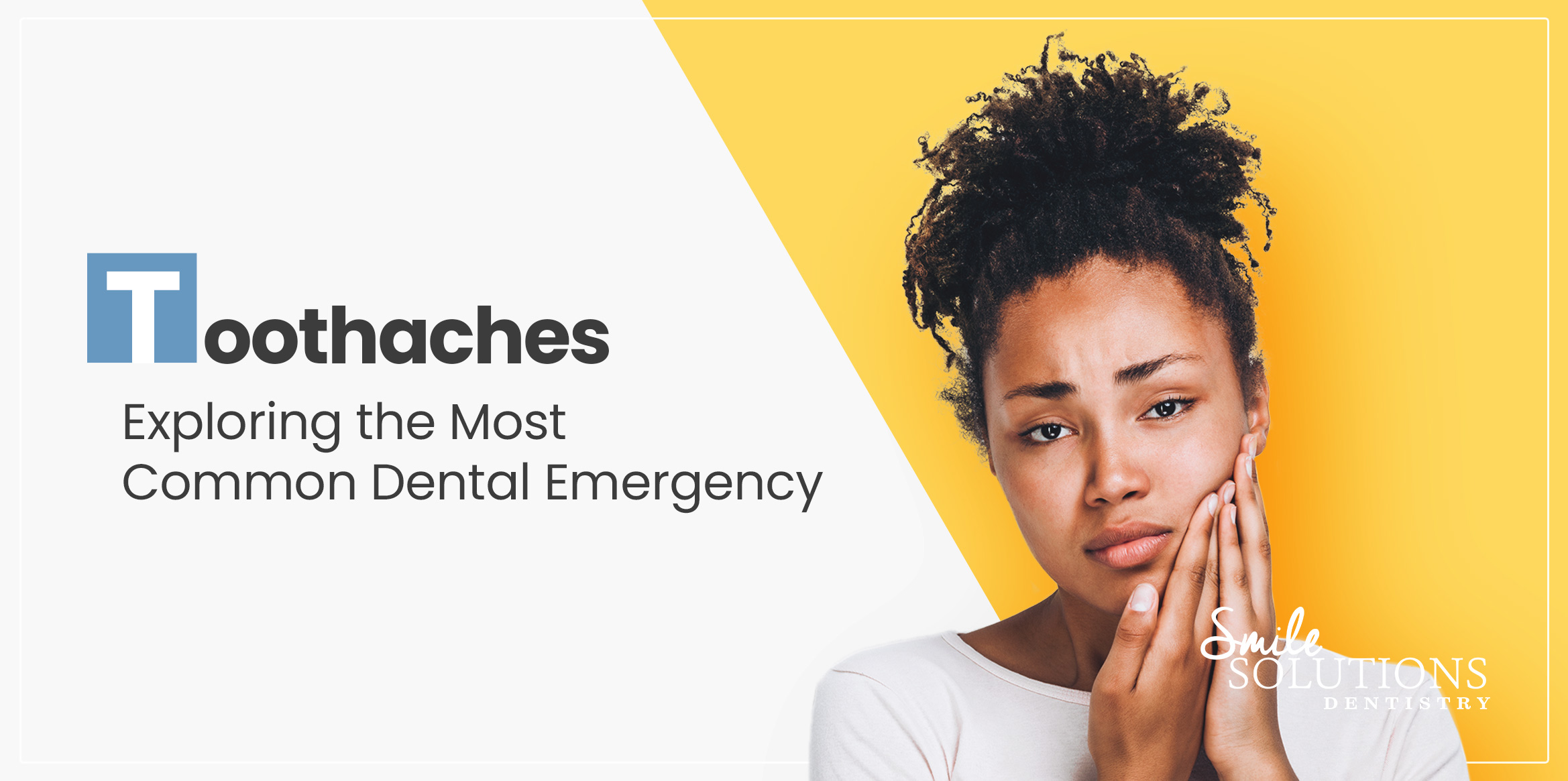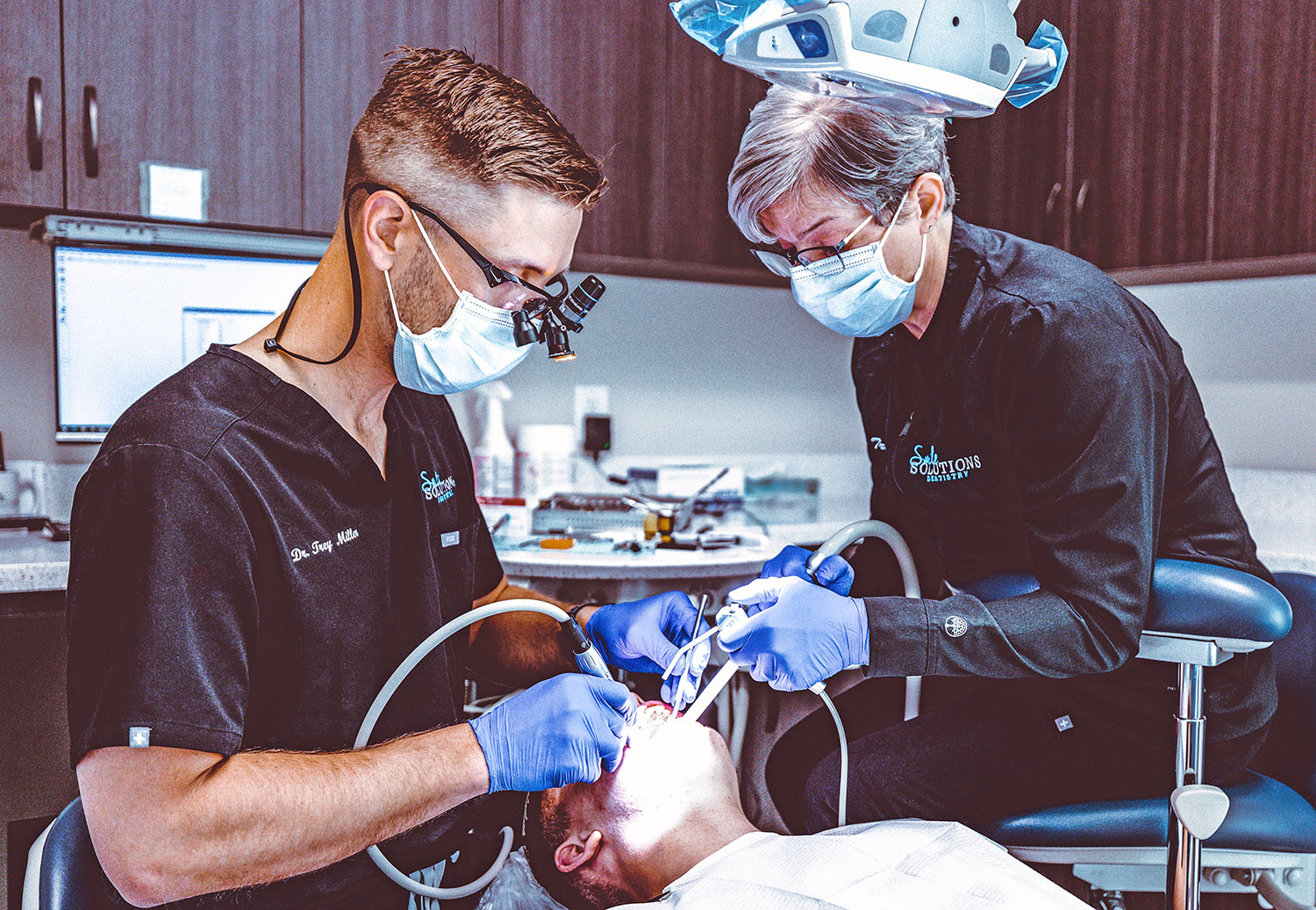Toothaches: Exploring the Most Common Dental Emergency
Dental emergencies can be both painful and stressful, and among them, toothaches are the most common and often the most excruciating. A toothache can disrupt your daily life, making it difficult to eat, sleep, or concentrate on anything else. In this article, we will explore the #1 dental emergency issue – toothaches. We will discuss the causes, symptoms, and most importantly, how to manage and prevent this agonizing problem.
Understanding Toothaches
A toothache is a painful sensation in or around a tooth. It can range from a mild, persistent discomfort to an intense, throbbing pain that makes it challenging to carry out everyday activities. Toothaches are typically caused by various underlying issues, including:
Dental Decay:
Tooth decay, also known as cavities, is a common cause of toothaches. Bacteria in the mouth produce acids that erode the tooth enamel, leading to pain and sensitivity.
Gum Disease:
Advanced gum disease can cause the gums to recede, exposing the tooth roots. This can result in tooth sensitivity and pain.
Dental Abscess:
An abscess is a pocket of pus that forms within the tooth or in the surrounding tissues. It can lead to severe, localized pain.
Tooth Fractures:
Cracks or fractures in the tooth can expose the sensitive inner layers, leading to sharp pain when chewing or drinking hot or cold beverages.
Bruxism:
Grinding or clenching the teeth, often during sleep, can wear down the tooth enamel and cause toothaches.
Symptoms
The symptoms of a toothache can vary depending on the underlying cause but often include:
• Sharp or throbbing pain in or around the affected tooth.
• Sensitivity to hot, cold, or sweet foods and beverages.
• Swelling of the gums or face in severe cases.
• Fever and general discomfort in the case of a dental abscess.
Managing Toothaches
If you experience a toothache, it’s essential to take action promptly. Here are some steps to manage the pain before seeking professional dental care:
1. Rinse your mouth with warm water to clean the area around the tooth.
2. Floss gently to remove any trapped food particles that might be causing irritation.
3. Over-the-counter pain relievers like ibuprofen can help reduce pain and inflammation. Follow the recommended dosage instructions.
4. Avoid extremely hot or cold foods and beverages, as they can exacerbate sensitivity.
5. Topical oral numbing gels can provide temporary relief when applied to the affected area.
Prevention
Preventing toothaches is the best approach. Here are some tips to maintain good oral health and reduce the risk of dental emergencies:
1. Practice good oral hygiene by brushing and flossing regularly.
2. Visit your dentist for regular check-ups and cleanings.
3. Limit sugary and acidic foods and beverages in your diet.
4. Wear a mouthguard if you grind your teeth at night.
5. Avoid chewing on hard objects or using your teeth as tools.
Conclusion
Toothaches are undoubtedly the #1 dental emergency issue due to their prevalence and the significant discomfort they cause. Understanding the causes, recognizing the symptoms, and knowing how to manage and prevent toothaches are crucial for maintaining oral health and overall well-being. If you experience a severe or persistent toothache, it’s essential to seek professional dental care promptly to address the underlying problem and alleviate your pain. Remember, early intervention can often prevent more extensive dental issues down the road.




